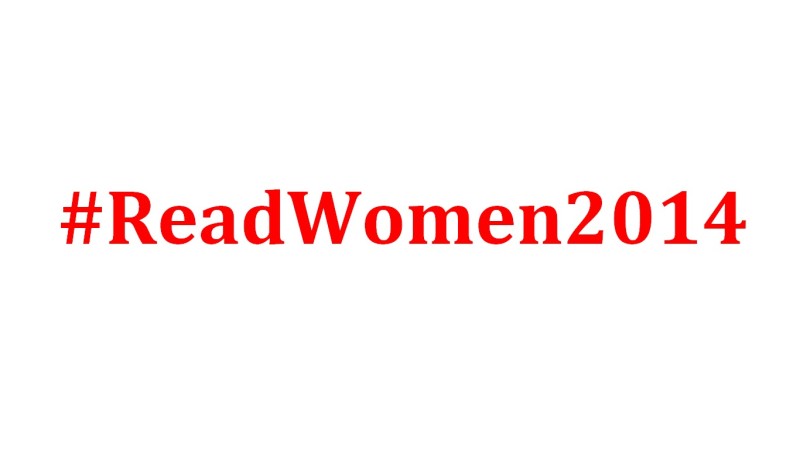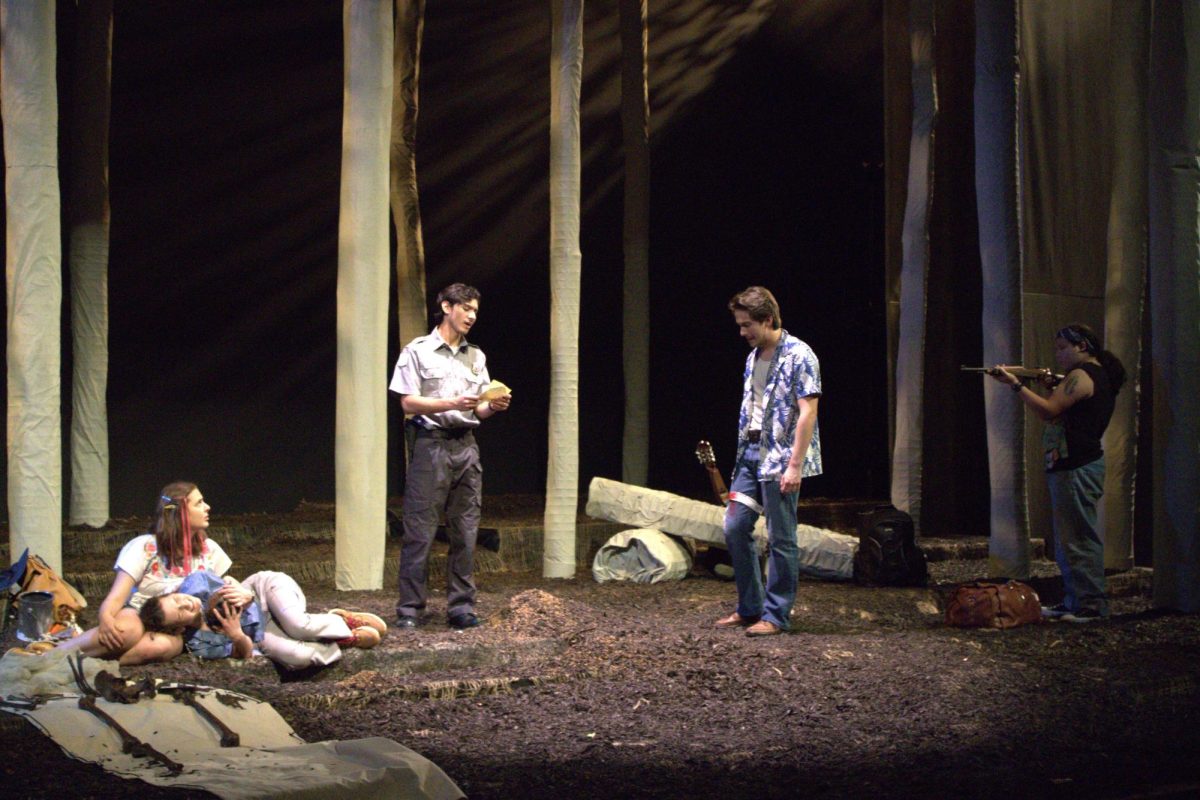Even though it is 2014 and there are more female readers and the same amount of female authors as male ones, the works of female authors are drastically overlooked by consumers, newspapers and literary journals. Joanna Walsh from “The Guardian,” started the Twitter handle #readwomen2014 after realizing of this fact in addition to being inspired by two male literary journalists, Jonathan Gibbs and Matthew Jakubowki, who vow to only read women writers for 2014. Because of the numerous and generally positive reactions, 2014 has been declared as “The Year of Reading Women.” Join in the effort to counteract this imbalance by reading some of tbe A&E writers’ favorites female authors.
By Megan Hageney, A&E Editor
There was a large, old wooden bookcase at the end of the hallway in my childhood home. I would spend lazy afternoons stationed in front of it and devour books. One day, I picked up Maya Angelou’s “I Know Why the Caged Bird Sings” because I was attracted to the pale colors on the cover and I liked the way the title sounded when I said it out loud. After a couple pages, my older and much wiser sister saw me reading it and immediately snatched it away while making some remark that I was too young for this book. And she was right, considering that I was nine at the time. Flash forward to my sophomore year of high school. I was encumbered by my British Romantic literature class. I did not find it relatable at all. The nuanced details of “Pride and Prejudice” or Bertha’s insanity in “Jane Eyre” just did not pertain to my life. Then one day I rediscovered the same copy of Maya Angelou’s “I Know Why the Caged Bird Sings” on the same bookshelf and did not put it down until I completely finished it. Her sophisticatedly simple prose, her metaphors and her adventures entraped me like no other piece of literature had. The book provoked an array of emotions from laughter to tears, and it invoke this feeling that Angelou was talking directly to me. There was a phenomenom where even though I have never heard her voice before, I clearly heard it in my head. Angelou’s works, particularly her biographies, have a magnificent way of finding me exactly when I need them, whether it is being able to find comfort in the pains of growing, feeling displaced or finding my own. Her amazing life story, spanning over seven books, serves as a consistent needed reminder that we all live many different lives and that a person can make it through any situation with the utmost grace. I have read and reread her stories many times over, each time finding something new and essential. And each time it is analogous to visiting an old friend.
By John Mendiola, A&E Writer
I am uncertain if I want to admit who my favorite female author is. Maybe I would be admitting too much about myself. I wish my answer was someone like Gillian Flynn, who writes amazing mystery thrillers, or Jane Austen, who is a prominent figure in classic literature, or a writer who deals with realistic characters with complicated motivations and life-affirming revelations like Stephenie Meyer. On an unrelated note, that is a lot of e’s in her name.
My choice for favorite female author would be Patricia C. Wrede. I remember many class periods and lunches during middle school were spent avoiding any sort of contact with my peers; instead, it was spent reading Wrede’s “Enchanted Forest Chronicles” series. These books had such clever titles, like “Dealing with Dragons” and “Talking with Dragons.” Maybe the titles really are not that clever and the stories in the book may not have been the most life-changing things, but, in a way, they were for me.
Cimorene, the protagonist of this series, was a clever, witty, genuine and great person who happened to be a girl. It is difficult to pinpoint the reasons I am the person I am now, but I think reading this opened the door in my perception: relatable, strong characters did not have to be a man”” which extended to various thoughts on gender far beyond the trappings of fantasy, Segue. My favorite genre, without a doubt, is fantasy, and I consider the otherworldly stories within to have made immeasurable changes to my world and self. My reading career started with those old Disney Gold Books, but it really started in 5th grade with random books I could get my hands on. This series led me down the path of reading an assortment of books that had the word “dragon” on it. That led me to a lovely phase with Arthurian literature that ultimately led to a broader and more fanatic obsession with the wild world(s) of fantasy.
I felt that Wrede’s books entered my life in such vulnerable, formative years that it left a lasting impact and ultimately made me a better person. For that, I will always be thankful.
By Mason Walker, A&E Columnist
From Emily Dickinson to Joan Didion, there are so very many female authors who have enlightened my thinking and enriched my worldly experience. But, in the final analysis, none of them mean quite as much to me as Toni Morrison.
Reading Morrison’s “Song of Solomon” during my junior year of high school gave to me the kind of rare and ecstatic experience that avid readers are allowed only once or twice in their lives”” the kind where a book hits you with such palpable force that it breaks you open and reassembles your perception of things. I was struck speechless by Morrison’s ingeniously detailed, flawlessly realized world, where realism and fantasy co-existed effortlessly with one another. I was also dazzled by her diamond-sharp prose (“In the morning, long before she was fully awake, she felt a longing so bitter and tight it yanked her out of a sleep swept clean of dreams.”).
But what really stuck with me were her characters, a chorus of singularly sharp black voices who spoke to me about the African-American experience yet somehow told me something about my own experiences as well. Like all great authors, Morrison has spent her career addressing both the particular and the universal. She deals specifically with the tension many African Americans feel between their African past and their American present. Yet she also deals, broadly and beautifully, with each individual’s struggle to reconcile who they are with who history suggests that they should be. And that is no small achievement for any author, male or female.







